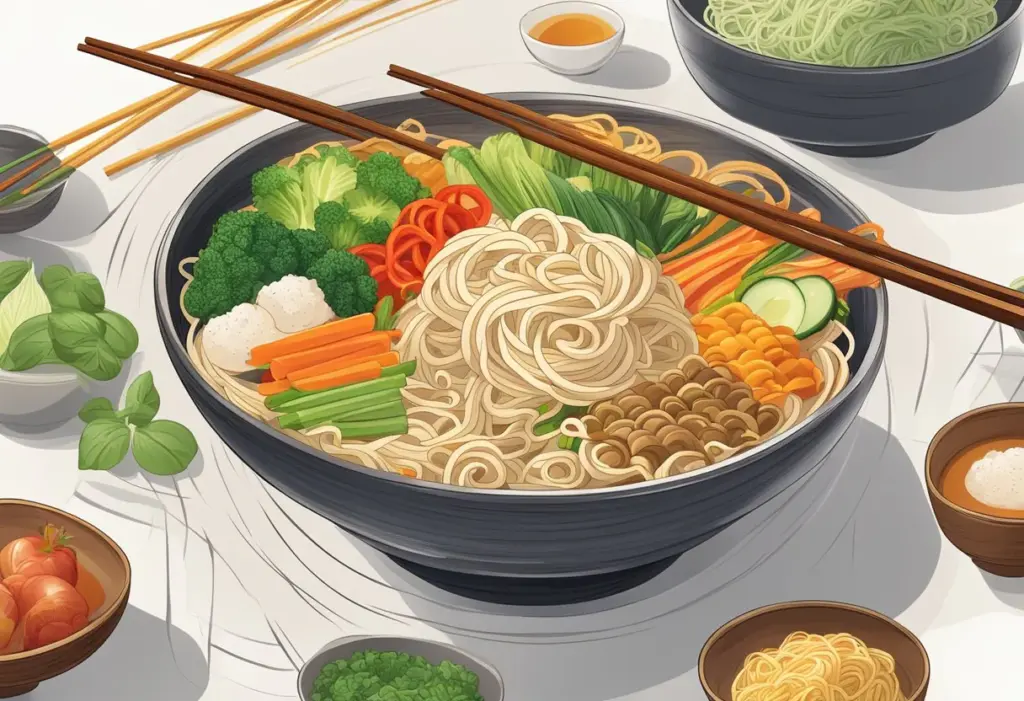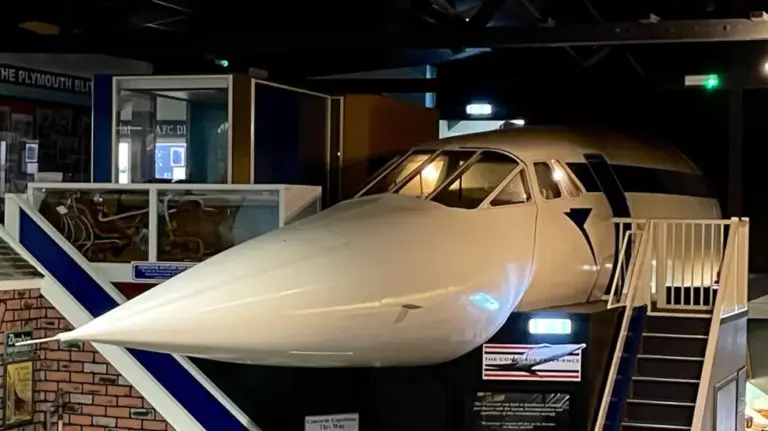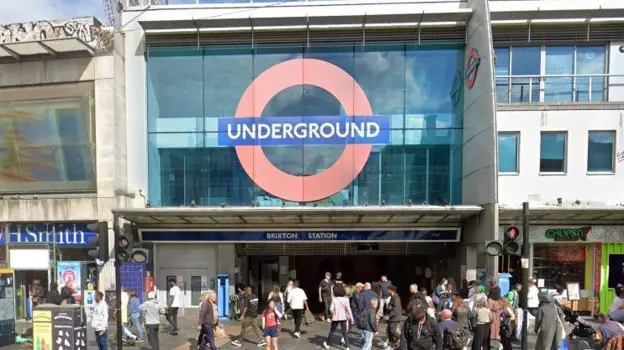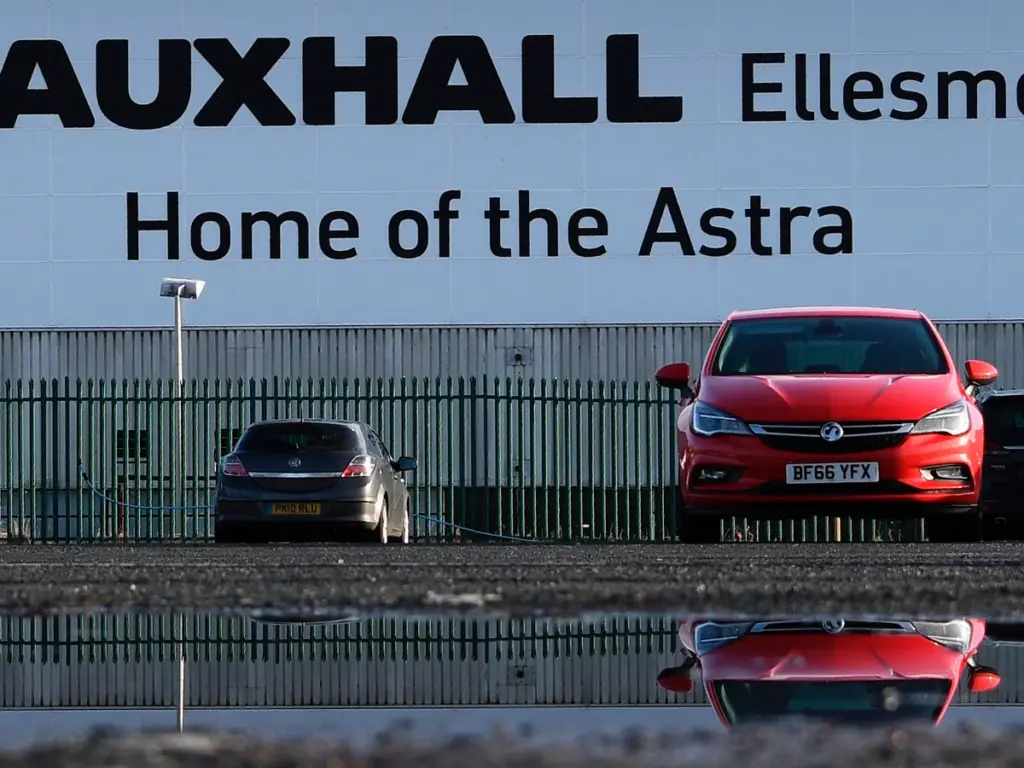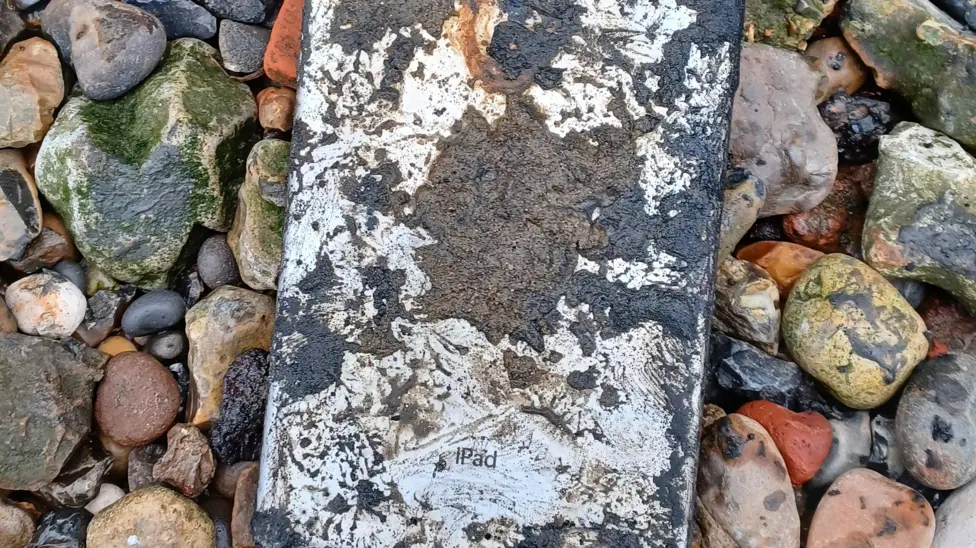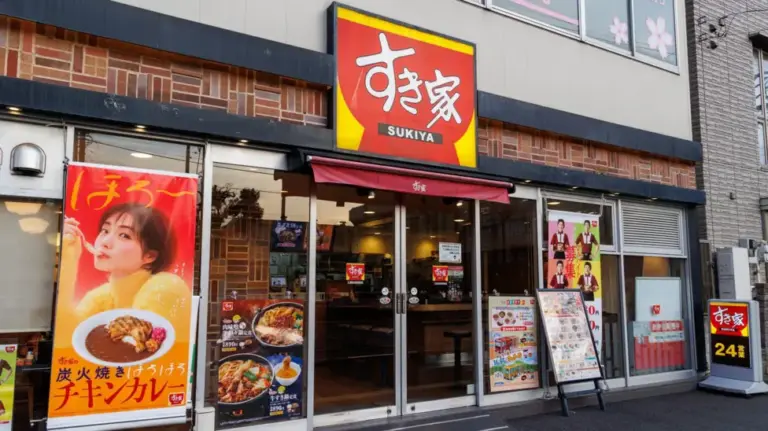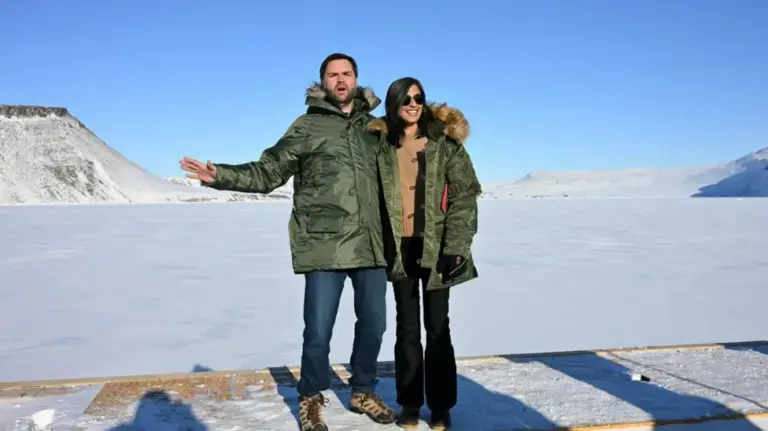The UK has formally suspended trade talks with Canada despite nearly two years of negotiations, in a row over agricultural products including beef.
Following Brexit and the departure from the EU’s trading system in 2021, the UK has been trying to strike trade deals with countries around the world.
This is the first time the UK has formally suspended talks with a potential trading partner since then.
It means tariffs – or taxes – may have to be paid on some UK exports to Canada such as cheese, of which the UK exported £18.7m worth in 2022, according to the Food and Drink Federation, external.
The ability to strike free trade deals was cited by Brexit supporters as one of the benefits of leaving the EU.
What is a free trade deal?
A free trade deal aims to encourage trade between countries by making it cheaper and simpler. It normally applies to the exchange of goods, but occasionally to services as well.
Making trade cheaper is usually achieved by reducing or eliminating tariffs. These are government taxes or charges for trading goods across borders and can help protect a country’s manufacturers from cheap imports.
A car importer might have to pay a 20% tariff on top of the vehicle’s price, for example, to bring it into a country.
Trade can also be made simpler if countries have the same rules, such as the colour of wires in plugs or food safety requirements. The closer the rules are, the less likely that goods need to be inspected.
What trade deals has the UK signed since Brexit?
Since Brexit, the UK has signed trade deals and agreements in principle with about 70 countries and one with the EU.
However, the majority of these are simply “rollovers” – meaning they copied the terms of deals the UK previously had when it was an EU member, rather than creating new trading arrangements.
And some of them are with countries with which the UK does very little trade.
A deal with Japan was signed in October 2020. It was the first that differed from the existing EU trade deal.
The Australia deal was the first trade agreement negotiated from scratch by the UK since it left the EU. UK farmers warned they could be undercut by cheap imports, which could cost jobs. However, the UK government insists the deal contains protections for the sector.
An agreement with Norway, Iceland and Liechtenstein was announced in June 2021 and builds on the previous agreement the UK had with these countries.
The UK signed a new deal, external with New Zealand on 28 February 2022.
New Zealand is a small trading partner, accounting for less than 0.2% of total UK trade.
While the deal is unlikely to boost the UK economy by much, it could lead to more New Zealand lamb being sold in the UK.
The UK has also agreed to join an existing trade agreement between 11 Pacific Rim nations. The government expects to become a member, external of the Comprehensive and Progressive Agreement for Trans-Pacific Partnership (CPTPP) in the second half of 2024.
Talks with India began in early 2022, although no deal has been reached.
And there has not been a deal agreed with the US, although it had been set as a priority in the Conservative 2019 manifesto.
Rishi Sunak said in June 2023 that a full free trade agreement had not in fact been a priority for either country “for a while now”, although a more limited economic agreement called the Atlantic Declaration was signed.
What is the UK-EU trade deal?
After Brexit happened on 31 January 2020, the UK and EU needed to decide the rules for their future trading relationship.
This was important because the EU was the UK’s largest and closest trading partner.
After months of negotiation – which went down to the wire – a UK-EU trade deal came into force on 1 January 2021.
The deal prevented any tariffs and quotas being introduced, which would have made it more expensive to trade goods between the two partners.
But not everything is the same as it was before Brexit.
As the UK no longer has to follow EU rules on product standards, new checks have been introduced.
The deal also does not completely eliminate the possibility of tariffs in future. Both sides will need to stay close to shared rules in areas such as workers’ rights and environmental protection. If either the UK or the EU shift their rules too far, the other side could introduce tariffs.
